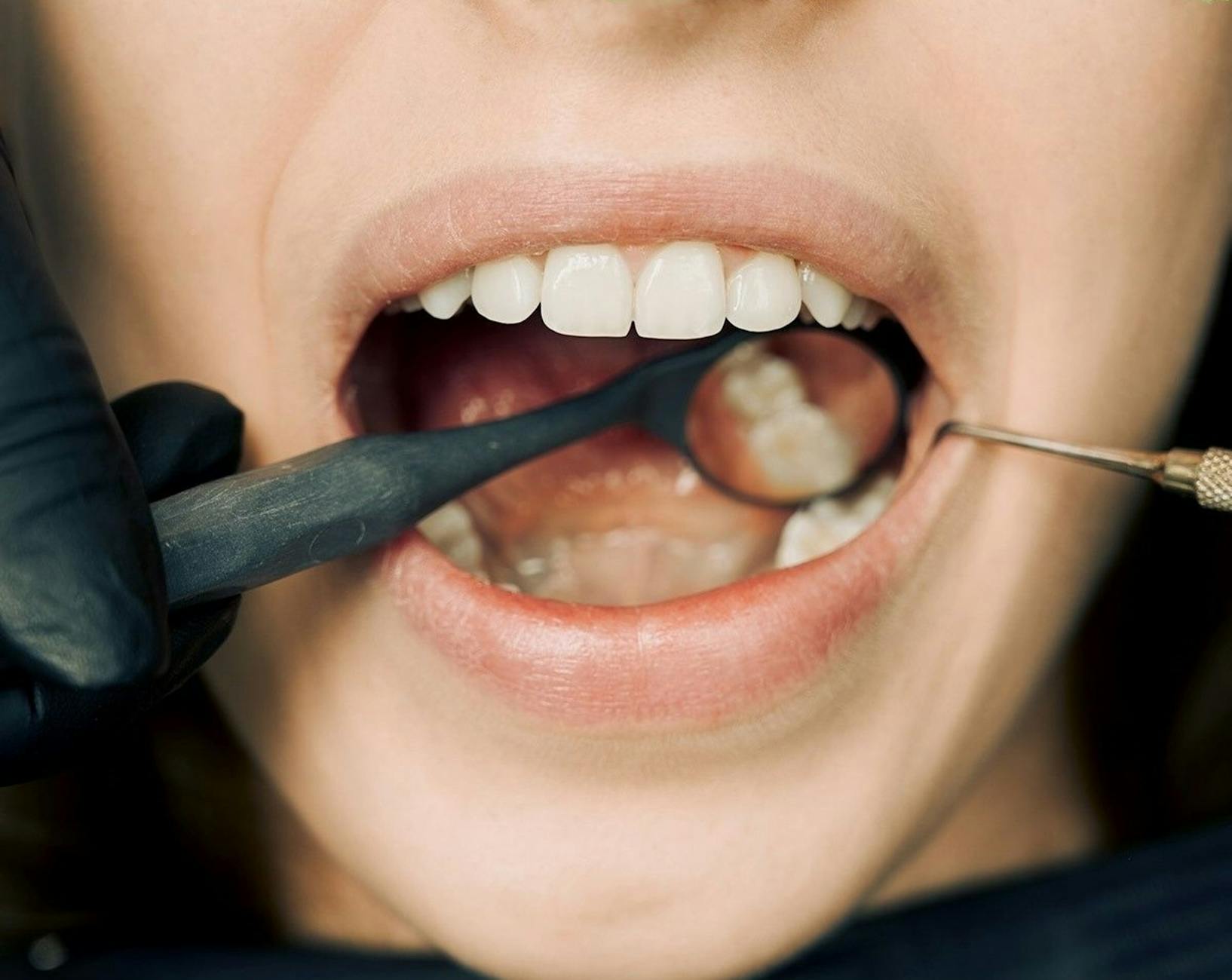Uncover the secrets to preventing and treating kidney stones with innovative methods that will change your life forever.
Table of Contents
When it comes to kidney stones, prevention is key. These small, hard mineral deposits that form in the kidneys can be extremely painful to pass. But fear not, there are steps you can take to prevent kidney stones from forming in the first place and to treat them if they do occur.
Kidney Stones: What You Need to Know
Kidney stones are solid deposits made of crystals that can form in your kidneys. They can vary in size and can cause excruciating pain when they pass through your urinary tract. The most common types of kidney stones are calcium stones, which are formed from too much calcium in your urine. Other types include struvite stones, uric acid stones, and cystine stones.
Prevention is Key
The best way to deal with kidney stones is to prevent them from forming in the first place. Here are some tips to help you prevent kidney stones:
- Stay hydrated: Drink plenty of water throughout the day to keep your urine diluted and prevent stone formation.
- Watch your diet: Limit your intake of foods high in oxalates, such as spinach, beets, and nuts, as these can contribute to calcium oxalate stones.
- Reduce sodium intake: Too much salt in your diet can lead to an increase in calcium in your urine, promoting stone formation.
- Include calcium-rich foods: Contrary to popular belief, getting enough calcium in your diet can actually help prevent kidney stones by binding with oxalates in your intestine before they can reach your kidneys.
- Avoid high-oxalate foods: If you are prone to calcium oxalate stones, limit foods like rhubarb, chocolate, and tea.
Treatment Options
If you are unfortunate enough to develop kidney stones, there are several treatment options available to help you pass them more comfortably:
| Prevention | Treatment |
|---|---|
| Stay Hydrated | Medication |
| Limit Sodium Intake | Extracorporeal Shock Wave Lithotripsy (ESWL) |
| Consume Calcium and Vitamin D | Percutaneous Nephrolithotomy (PCNL) |
| Avoid Oxalate-Rich Foods | Ureteroscopy (URS) |
| Reduce Animal Protein Intake | Laser Lithotripsy |
- Hydration: Drinking plenty of water can help to flush out the stone from your urinary tract.
- Pain management: Over-the-counter pain medications can help alleviate the pain associated with passing a stone.
- Medical procedures: For larger stones that are causing severe pain, doctors may recommend procedures such as lithotripsy (using sound waves to break up the stone) or ureteroscopy (inserting a thin tube to remove the stone).
- Surgery: In rare cases, surgery may be necessary to remove a stubborn stone that cannot be passed naturally.
Conclusion
Dealing with kidney stones can be a painful experience, but by taking proactive steps to prevent them and seeking treatment if they do occur, you can minimize the discomfort and get back to living your life without the distraction of kidney stone pain. Remember, staying hydrated, watching your diet, and seeking medical attention when needed are your best weapons in the fight against kidney stones.
FAQ
Can kidney stones be prevented?
Answer 1: Yes, kidney stones can be prevented by staying hydrated, watching your diet, and avoiding high-oxalate foods.
What are the common types of kidney stones?
Answer 2: The most common types of kidney stones are calcium stones, struvite stones, uric acid stones, and cystine stones.
What are the treatment options for kidney stones?
Answer 3: Treatment options for kidney stones include hydration, pain management, medical procedures like lithotripsy, ureteroscopy, and in rare cases, surgery.
How can calcium-rich foods help prevent kidney stones?
Answer 4: Calcium-rich foods can help prevent kidney stones by binding with oxalates in your intestine before they can form stones in your kidneys.





